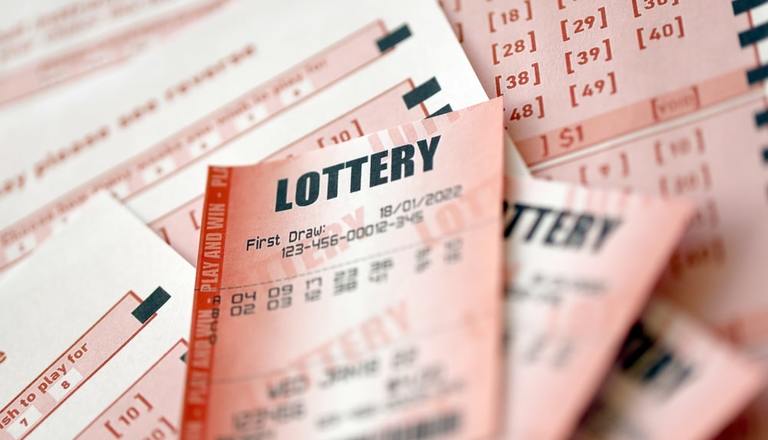
The paper that lottery tickets are printed on isn't ordinary paper
Lottery tickets; those tantalizing slips of paper promising a chance at fortunes, are more than just conduits for life’s dreams. They are highly coveted and intricate pieces of engineering, incorporating specialized paper that plays a crucial role in the lottery industry.
At its core, lottery paper is a true canvas for conveying information. It must be durable enough to withstand rough and immense handling, yet delicate enough to allow for precise printing. It's the foundation for both instant-win scratch-off tickets and those used for drawing-based lotteries.
• Scratch Tickets: These tickets typically use thermal paper, known for its sensitivity to heat. When printed, the heat from the printer activates colour-changing chemicals, producing the ticket's text and graphics. Thermal paper is prized for its speed and efficiency.
The Science Behind the Paper
• Drawing-based tickets: These tickets typically use thermal paper, known for its sensitivity to heat. When printed, the heat from the printer activates color-changing chemicals, producing the ticket's text and graphics. Thermal paper is prized for its speed and efficiency.
The Science Behind the Paper
Lottery paper is not just any paper. It's a carefully engineered product with specific properties.
• Base paper: This is the foundation of the ticket. It must be strong, yet flexible, to withstand folding and handling. It's often made from wood pulp, but other materials like cotton or recycled fibers can be used.
• Coatings: For instant-win tickets, the coating is a critical component. It's typically made from a polymer resin mixed with pigments and other additives. The type of coating determines the scratch-off feel and the opacity of the hidden message.
• Thermal layer: For drawing-based tickets, the thermal layer is sensitive to heat. It's composed of chemicals that change color when exposed to heat. This layer is often protected by a topcoat to prevent accidental activation.
Manufacturing Magic
The production of lottery paper is a complex process that requires precision and quality control.
• Papermaking: The base paper is produced using traditional papermaking methods, involving pulping, refining, and drying.
• Coating: For instant-win tickets, the coating is applied to the base paper in a controlled environment. The coating is dried and cured to ensure its durability.
• Thermal coating: For drawing-based tickets, the thermal layer is applied to the base paper, followed by a protective topcoat.
• Printing: The ticket's design, including game information, barcodes, and security features, is printed on the paper. This process often involves high-speed printing presses.
• Quality control: Rigorous testing is conducted throughout the production process to ensure that the paper meets the required specifications. This includes testing for strength, opacity, scratch resistance, and thermal sensitivity.
Security and Fraud Prevention
Lottery paper is more than just a substrate for printing; it's a crucial element in preventing fraud.
• Security features: Lottery tickets incorporate various security features to deter counterfeiting. These can include watermarks, holograms, microprinting, and special inks.
• Tamper-evident coatings: The coatings on instant-win tickets are designed to be difficult to remove without leaving evidence of tampering.
• Unique identifiers: Each lottery ticket has a unique identifier, such as a barcode or serial number, to track its history.
• Paper traceability: The paper used for lottery tickets is often traceable to its source, making it difficult for counterfeiters to obtain the same material.
The Future of Lottery Paper
As technology advances, so too does the paper used for lottery tickets.
• Sustainable options: There is a growing trend towards using more sustainable materials in lottery paper production, such as recycled fibers and plant-based coatings.
• Digital integration: Some lotteries are exploring the use of digital elements integrated into paper tickets, such as QR codes or NFC chips, to enhance security and provide additional features.
• Innovative coatings: Research and development continue to focus on creating new types of coatings for instant-win tickets, offering improved scratch-off experiences and enhanced security.
Lottery paper, while often overlooked, is a vital component of the lottery industry. Its role in ensuring fairness, security, and player satisfaction cannot be overstated. As technology continues to evolve, we can expect to see even more innovative and sophisticated lottery paper in the years to come.
